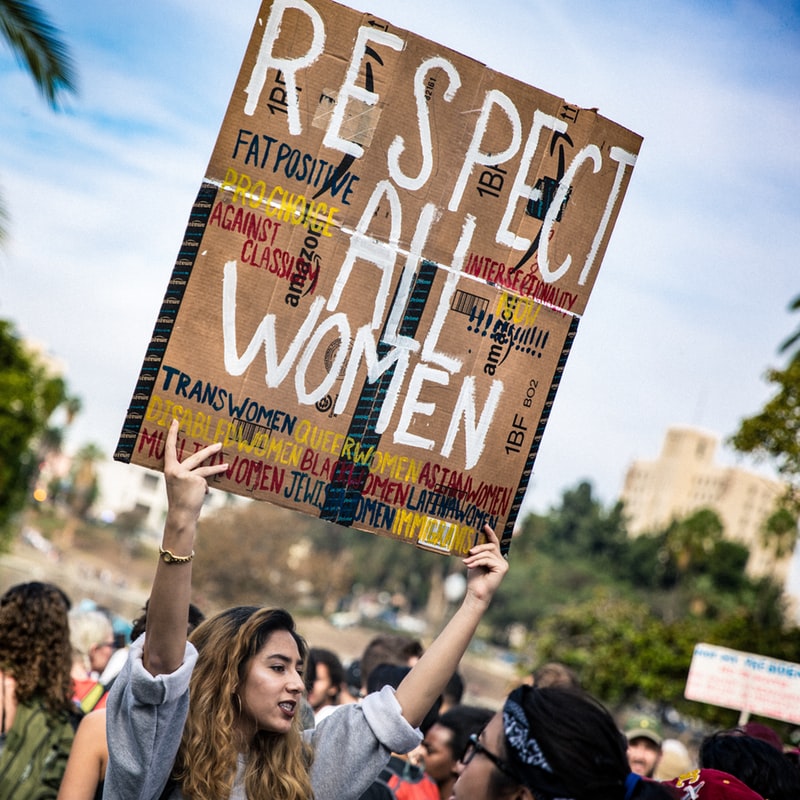Maybe it’s because, having only been in London for a month studying abroad, I am not used to the Parliamentary system of hearing questions or on what is to be accomplished during discussion. Recently, on February 14, I watched the House of Lords convene to hear Oral Questions, including the Labour Party’s Baroness Gale who discussed the Billion Woman Rising Campaign and its aims to draw attention to the issue of domestic violence worldwide. The entire discussion on VAW took about five to ten minutes and seemed very much like “Backbench Business”. Having seen the agenda weeks ago, I was probably a bit too excited, thinking that new ideas were going to be raised on VAW, funding would be given to various projects, and that action was going to be taken. I felt that the progress on VAW they highlighted was vague and was given solely for The House to think that everything is going well so that they could move on to the next subject. I was left with many questions. What organization was dealing with former VAW victims in prison? What system could be organized worldwide with IGOs to eliminate VAW? The recommendations given were all agreed upon (many “here here”’s were voiced), but no actual plans or ideas were shared. Nothing was really accomplished during the discussion; it was only politely accommodated before they got to the real issues of interest. One thing that kept on running through my mind was that perhaps if the House of Lords were not dominated by men then three noble women would not have had to basically run the discussion for five minutes until someone mentioned the issue of sports culture and they moved on. I got to thinking that the issue of Violence against Women would surely be more important and worth discussing if there were more women in power to discuss it.
For those interested, here is a brief recap of what was discussed in the Oral Questions at the House of Lords meeting on February 14, 2013.
Facts shared:
- One in three women is beaten or sexually abused in their lifetime.
- It is largely due to domestic violence that so many women are in prison.
Reviews on what has been done and what is to come:
- The Department for International Development (DfID) has significantly scaled up its efforts overseas.
- The Commission on the Status of Women will be held in March in New York , led by Lynne Featherstone.
- The General Secretary will be focusing on the issue of VAW in the G8 talks. It is also going to be a priority in the UK’s dealing with MDGs (Millennium Development Goals).
- The Government has given money to organizations seeking to end FGM in Kenya and Ethiopia.
- Two types of stalking have now been identified, and the definition now includes girls ages 16 and 17 who have been victims.
- An organization (unnamed) has been dealing with the issue of victimized women in prison.
Questions/Recommendations:
- So in light of that, will the ministry agree to work with international agencies in Europe and the United Nations as well as programs in the UK so that a system could be organized that can eliminate violence against women on a global scale?
- More NGOs should work at the ground, grassroots level, to stop this form of mutilation.
- Something should be done to address the fact that many women in prison have been victims of VAW.
- Sex and relationship education should be made mandatory in education because so many people think there are instances where it is okay to hit a girl.

